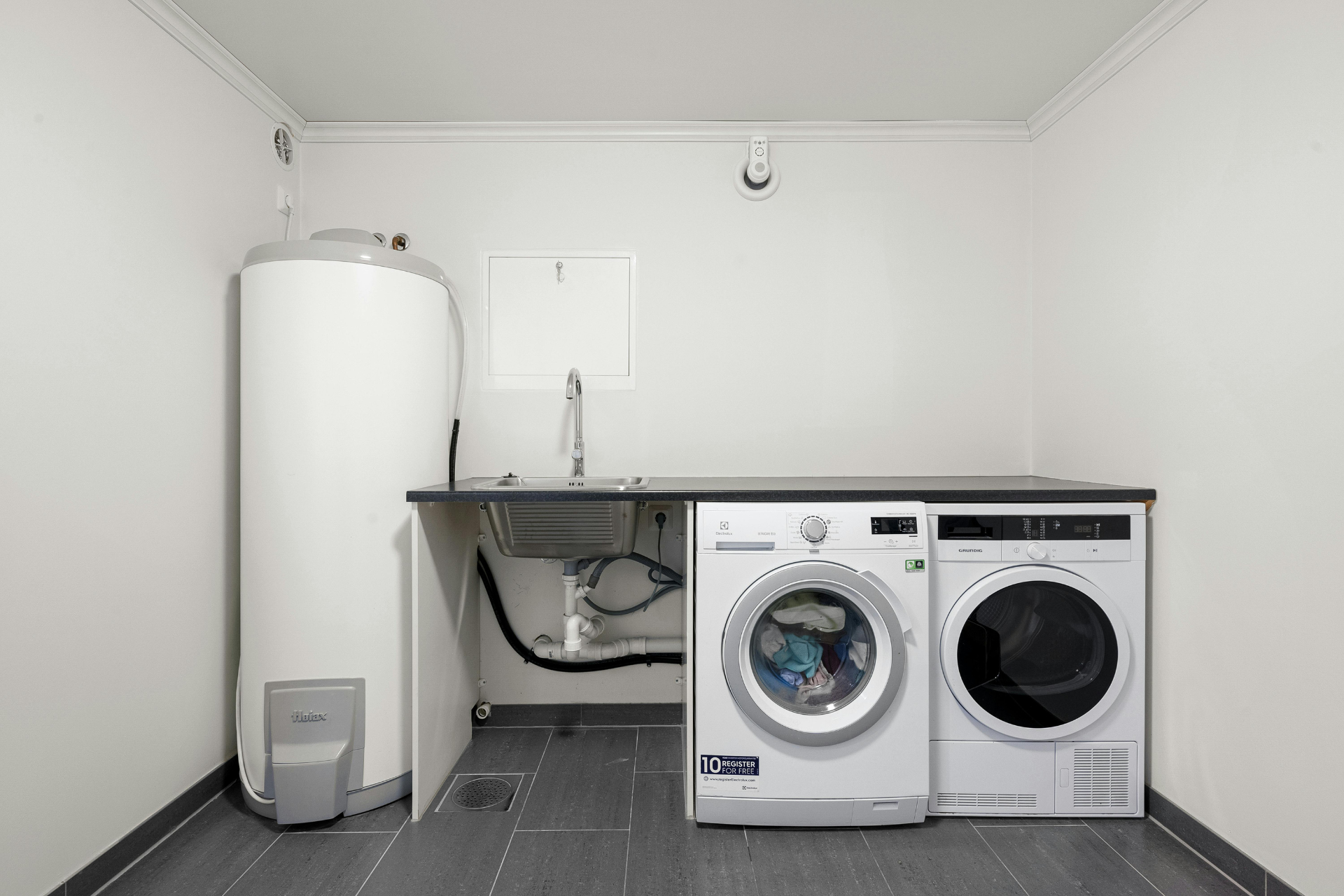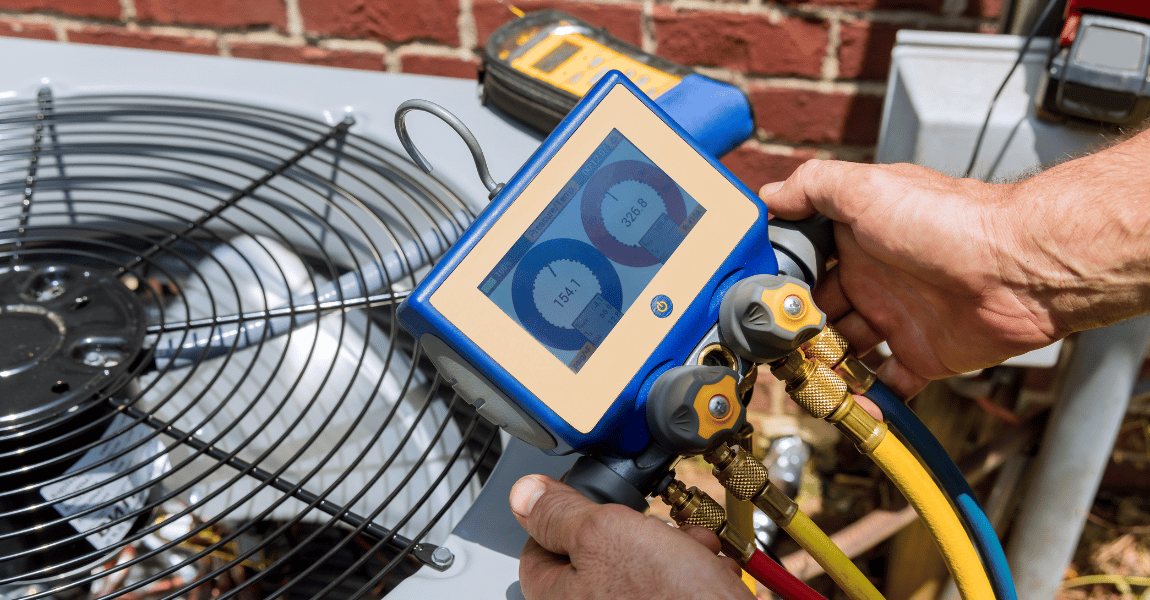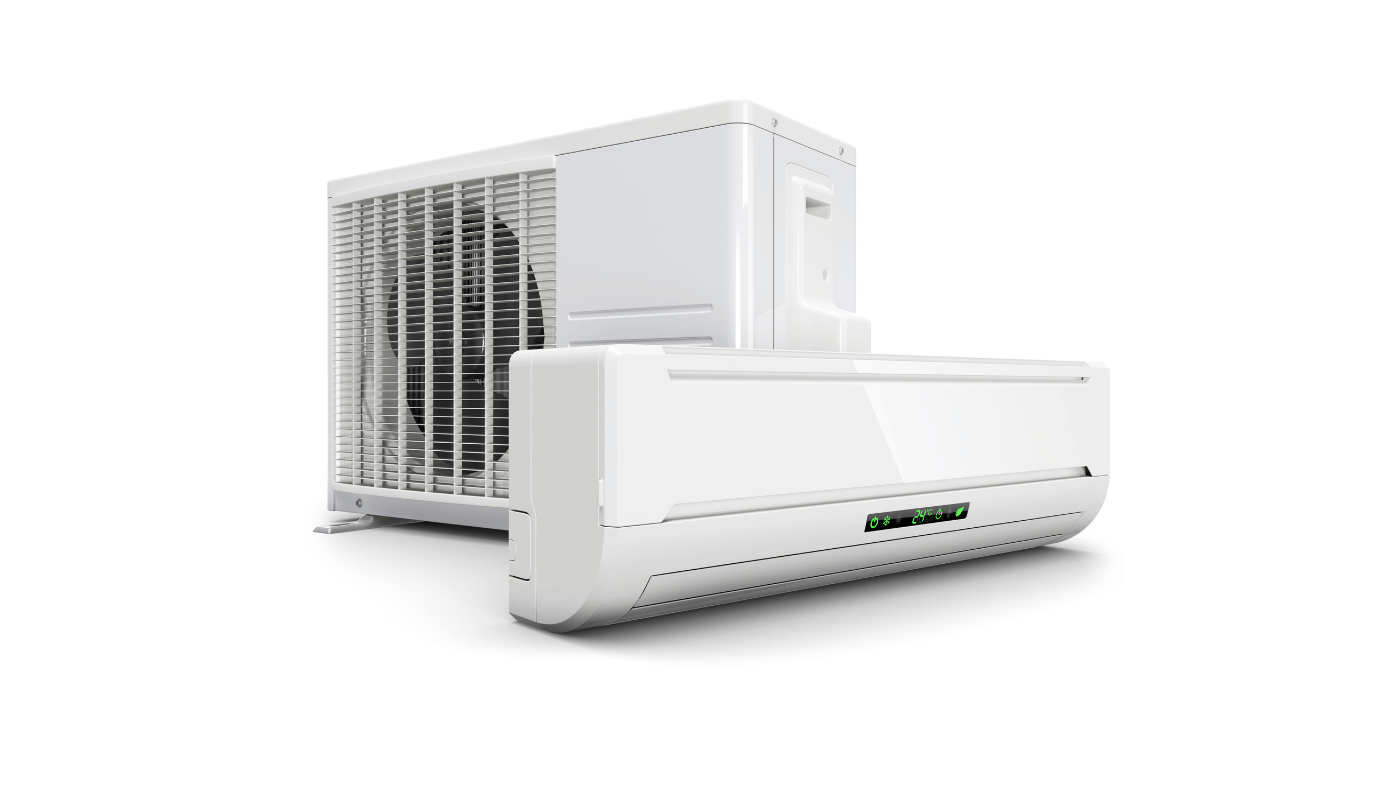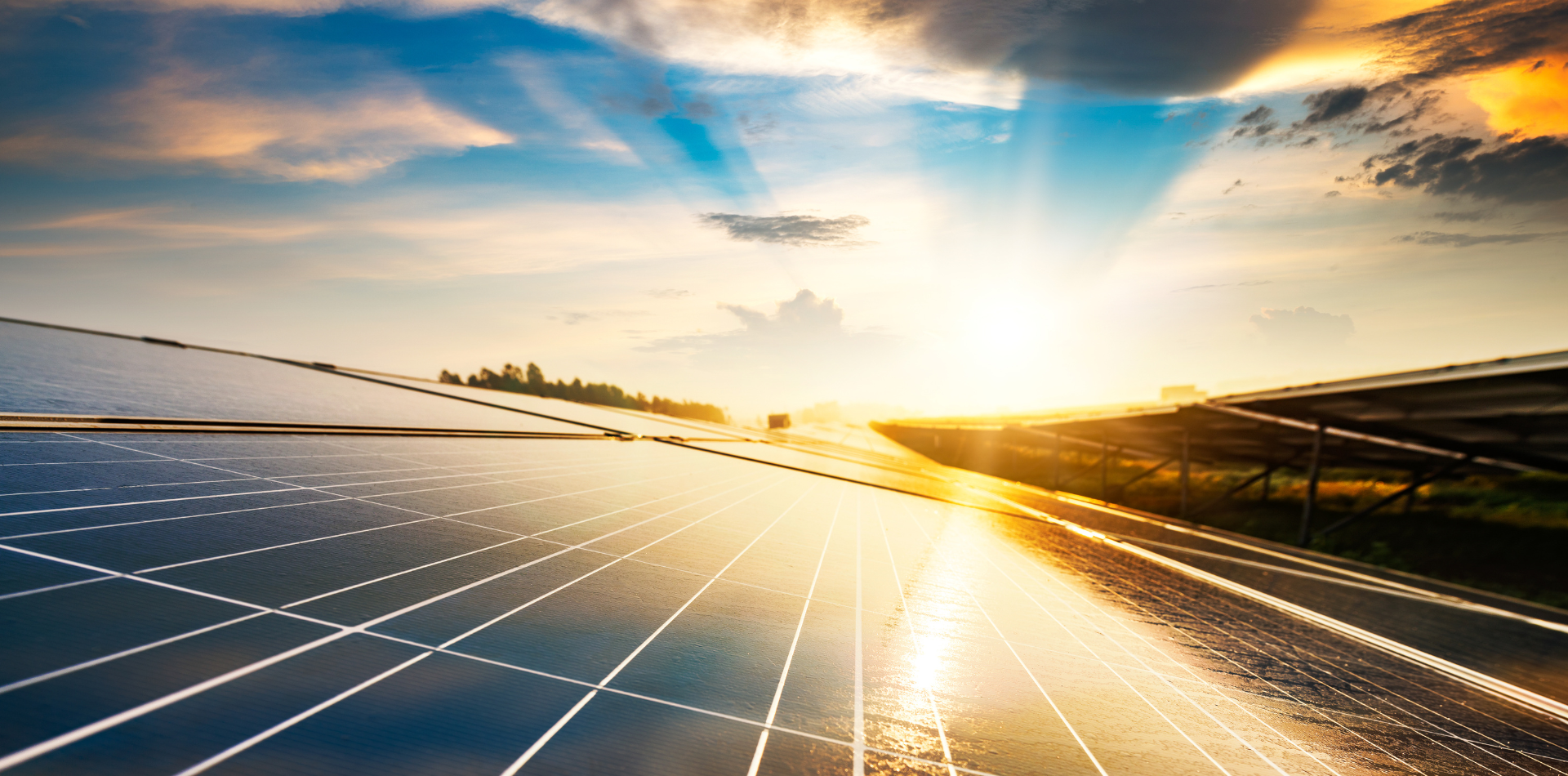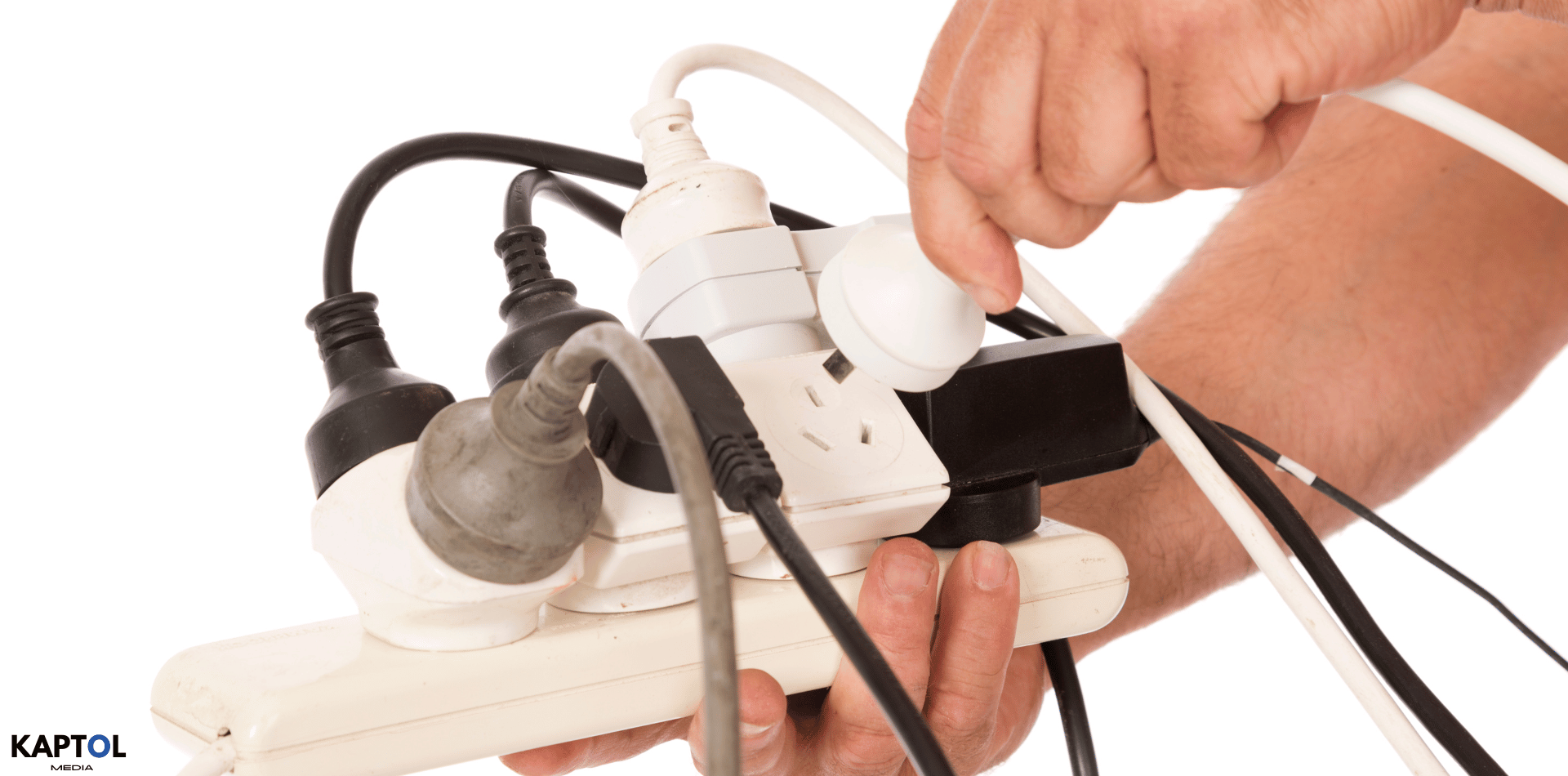The Benefits of Switching to Solar Power: Is it Worth the Investment?
The Benefits of Switching to Solar Power.
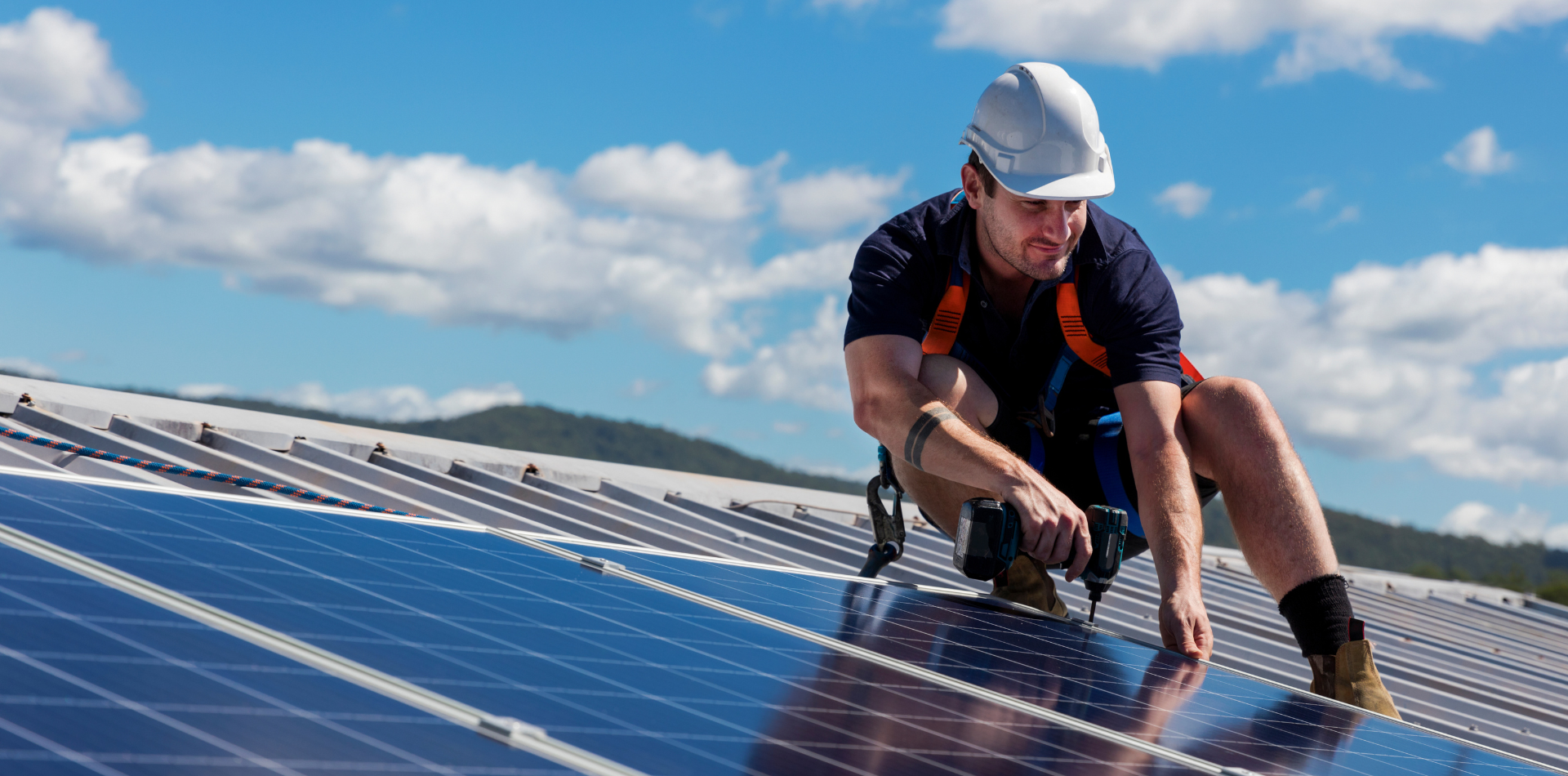
In recent years, solar power has emerged as a promising alternative to traditional energy sources, but many homeowners and businesses are still wondering: is switching to solar really worth the investment?
With concerns about the environment and rising energy costs, understanding the benefits and implications of solar power is more important than ever. Let's have a detailed look into the world of solar energy, exploring its financial, environmental, and practical aspects to help you make an informed decision.
Understanding Solar Power
What is Solar Power?
Solar power is energy harnessed from the sun's rays, a renewable and virtually inexhaustible source of power. Unlike non-renewable energy sources like coal and natural gas, solar energy doesn't produce harmful emissions or deplete natural resources. This clean energy source is becoming increasingly popular as technology advances and costs decrease.
How Solar Panels Work.
Solar panels, the key component in a solar energy system, convert sunlight into electricity through a process known as the photovoltaic effect. When sunlight hits a solar panel, it excites electrons in the panel's semiconductor material, creating an electric current. This current is then harnessed and converted into usable electricity for homes and businesses. The technology behind solar panels has advanced significantly, making them more efficient and affordable than ever before.
Financial Benefits of Solar Power
Reduction in Electricity Bills
One of the most immediate benefits of switching to solar power is the significant reduction in electricity bills.
Solar panels allow you to generate your own electricity, reducing your dependence on the power grid and, consequently, your monthly energy costs.
Over time, the savings from lower electricity bills can offset the initial investment in solar panels.
Tax Credits and Incentives
Governments around the world offer various tax credits and incentives to encourage the adoption of solar energy. These financial incentives can significantly reduce the cost of installing solar panels, making the switch to solar power more accessible for homeowners and businesses alike.
It's important to research and understand the specific incentives available in your area, as they can vary widely.
Increase in Property Value
Installing solar panels can increase the value of your property, making it a smart investment for homeowners.
Homes with solar energy systems often sell faster and at higher prices than those without. This increase in property value adds to the financial benefits of solar power, further enhancing its attractiveness as an investment.
Environmental Impact
Reduction in Carbon Footprint
Solar power is a clean energy source that significantly reduces your carbon footprint.
By generating electricity from the sun, solar panels produce no greenhouse gases, unlike fossil fuel-based energy sources.
This reduction in emissions plays a crucial role in combating climate change and protecting the environment.
Sustainable Energy Source
Unlike fossil fuels, solar energy is sustainable and helps in conserving natural resources for future generations.
The sun provides a nearly endless source of energy, making solar power a key component in the transition to a more sustainable and environmentally friendly energy system.
By adopting solar power, you contribute to the preservation of the planet for future generations.
Long-term Reliability and Maintenance
Durability of Solar Panels
Solar panels are designed to be durable and can last for decades with minimal maintenance.
Most solar panels come with warranties of 20 to 25 years, ensuring their performance and reliability. The longevity of solar panels makes them a wise investment, as they continue to provide energy savings long after the initial cost has been recouped.
Advances in Solar Technology
Continual advances in solar technology have made solar panels more efficient and reliable than ever before.
Modern solar panels can generate more electricity from the same amount of sunlight, and they perform better in various weather conditions.
These technological improvements enhance the overall value of investing in solar power.
Considerations Before Switching
Assessing Your Location
The effectiveness of solar power systems depends largely on your geographic location and the amount of sunlight your area receives.
Areas with higher levels of sunlight will naturally yield more electricity from solar panels. However, advances in solar technology have made solar power viable in less sunny regions as well.
It's essential to assess your location and consult with solar energy experts to determine the potential benefits for your specific situation.
Understanding Installation Costs
The initial investment in solar power can be significant, but it's important to consider the long-term savings and benefits.
The cost of solar panels has decreased dramatically in recent years, making them more accessible. Additionally, financing options, tax credits, and incentives can help mitigate the upfront costs.
When evaluating the cost of solar panels, it's important to consider the long-term energy savings, increased property value, and environmental benefits.
While the decision to switch to solar power involves initial costs and consideration of various factors, the long-term benefits in terms of financial savings, environmental impact, and energy independence make it a worthwhile investment.
Solar power not only provides immediate financial returns but also contributes to a healthier planet and a more sustainable future. As solar technology continues to advance, the case for switching becomes even more compelling. Embracing solar power is a forward-thinking decision that pays dividends for years to come.
